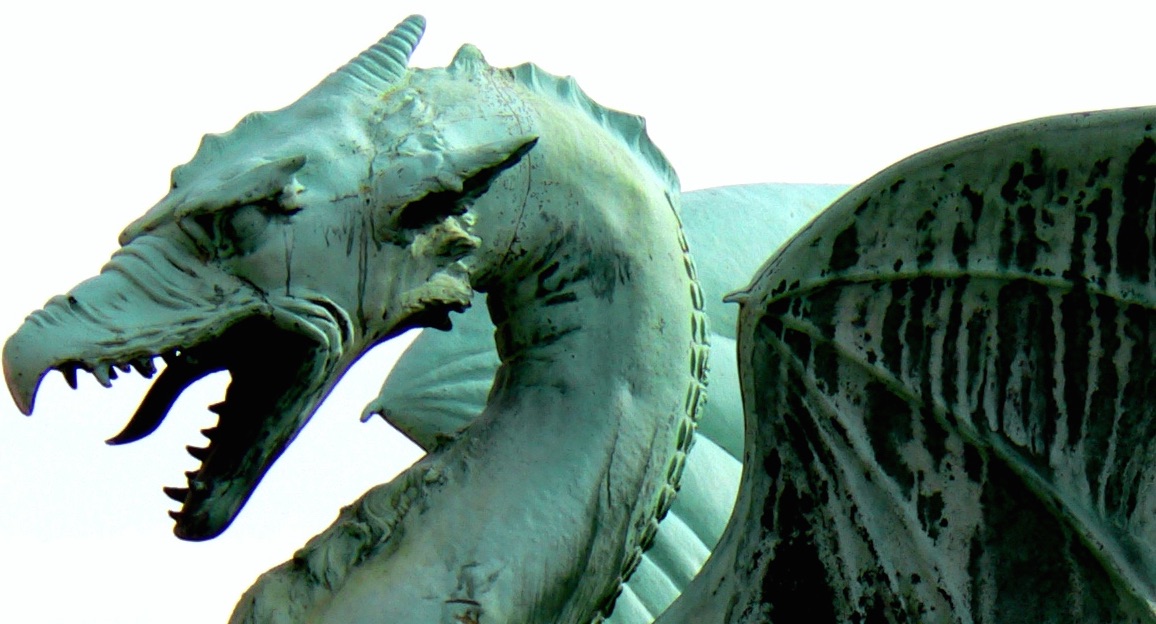Yong Zhao's "Who's Afraid of the Big Bad Dragon" Should Wake Us Up

By John Thompson.
Yong Zhao’s Who’s Afraid of the Big Bad Dragon? is a wake-up call. Zhao warns of a “rising tide of authoritarianism” which test-driven reformers have released on American education. He explains how “high-stakes testing is America’s Faustian bargain.” It risks our greatest democratic and dynamic values in order to make statistics look better.
Top-down accountability hawks have often praised Chinese education outputs. They have pushed a single path to school improvement without considering the long historical effects of high-stakes tests. Zhao, however, explains “the ghost inside” China’s record of creating illusory metrics for students, and for other parts of their economy.
Whether in ancient or modern China, or 21st century America, test-driven accountability “sees education as a way to instill in all students the same knowledge and skills deemed valuable by the authority.” By now, all but the most ideological of American reformers must be growing aware of the damage that has been done by bubble-in accountability, and many say that we need to reign in its worst abuses. However, Zhao makes the case that, “the damage done by authoritarianism is far greater than the instructional time taken away by testing, the narrowed educational experiences for students, and the demoralization of teachers.”
Americans glorifying China don’t understand that they are trying to copy “a survival strategy the Chinese people developed to cope with thousands of years of authoritarian rule.” Zhao explains how China produced the world’s best test scores, but how they did so at the cost of undermining “diverse, creative, and innovative talents.”
Chinese testing grew out of its 1300 hundred year-old keju system that was administered by the empire. But, during the last century, it has deferred to a different authoritarian power structure. Regardless of the persons on the top, testing is a “powerful and cost-effective tool of social control.” It still rewards “obedience, compliance, and homogenous thinking.”
Lest Americans conclude that the harm done by testing is due to the way it was conducted in China and that it is not inherent in the nature of top-down, test-driven accountability systems, Zhao’s accounts of recent incarnations of educational authoritarianism is a must read. It is the nature of such institutions that when the people on top seek an outcome, participants in the system “make it happen” at any cost. The obvious first response is fabricating miraculous data. For instance, China has used schemes known as “small cleverness” to produce a deluge of junk scholarship papers and so-called inventions. Worse, it has created an institutional dynamic so powerful that not even the government has been able to stop the testing epidemic.
In China, the damage done by “upward accountability” is extra extreme because it is the career ladder to a centrally governed society. But, I doubt many open-minded readers of Who’s Afraid of the Big Bad Dragon? will say that it can’t happen here. Zhao has written a poignant narrative of how human beings conform to enduring historical forces. Humans trapped in top-down systems often do terrible things that they as individuals would never do. American history is not as long as China’s and we have sought individuality, freedom, and creativity, but we are not some sort of anointed people immune to authoritarianism.
If Americans were not as susceptible as any other people to the coercive power of top-down control, we Yong Zhao's "Who's Afraid of the Big Bad Dragon" Should Wake Us Up - Living in Dialogue:
